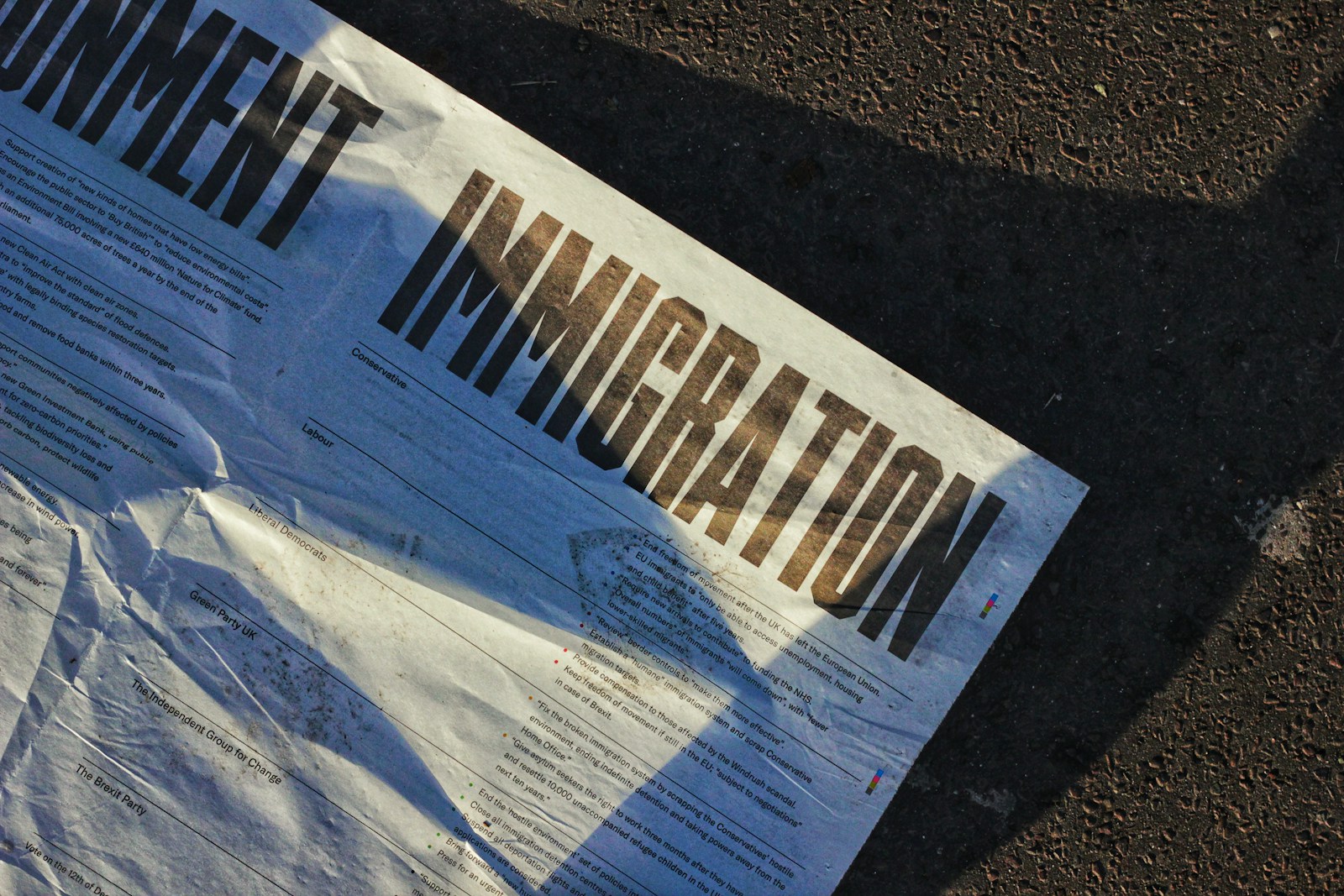Key Takeaways:
- ICE officers are now present in and around courthouses across the U.S., including Arizona.
- This practice aims to enforce immigration laws but raises concerns about fairness.
- Immigrants and advocates worry about the impact on justice and community trust.
- The debate over ICE in courthouses is ongoing and heated.
ICE’s New Presence in Courthouses
Starting in May 2025, U.S. Immigration and Customs Enforcement (ICE) officers began stationed in and outside courthouses nationwide. This move has sparked a lot of attention and debate. People are asking why ICE is doing this and how it affects immigrants and communities.
Why Are ICE Officers in Courthouses?
ICE says its officers are in courthouses to enforce immigration laws. They target people who may be in the U.S. without proper documents, especially those with criminal records. ICE believes this helps keep communities safe by removing individuals who might pose a threat.
However, some argue that this practice can discourage immigrants from going to court. Fear of deportation might stop victims of crimes or witnesses from coming forward. This could make it harder to solve cases and deliver justice.
The Impact on Immigrants and Communities
For many immigrants, seeing ICE officers in courthouses creates fear. Imagine worrying about deportation just for attending a court hearing. This fear can spread throughout the community, making people less likely to trust law enforcement or seek legal help.
Some organizations worry that this practice could lead to racial profiling. They fear that people might be targeted based on how they look rather than any criminal activity. This could unfairly affect immigrant communities, especially those of color.
A Controversial Practice
Supporters of ICE’s courthouse presence argue that it’s necessary to uphold the law and protect public safety. They say focusing on courthouses is an efficient way to find and deport individuals who have committed crimes.
On the other hand, critics say this practice makes the justice system unfair. They argue that everyone deserves a chance to go to court without fear, no matter their immigration status. ICE’s presence could create a situation where some people are treated differently, which goes against the idea of equal justice for all.
What’s Happening in Arizona?
Arizona is one of the states where ICE officers have been spotted in courthouses. This has raised local concerns, especially in areas with large immigrant populations. Advocates in Arizona are speaking out, saying this practice could harm community trust in law enforcement.
Some Arizona lawmakers are calling for changes to how ICE operates in courthouses. They want to ensure that everyone feels safe accessing the court system, regardless of their immigration status.
The Bigger Debate Over ICE in Courthouses
This isn’t the first time ICE has faced criticism for its practices. In recent years, there have been debates over workplace raids, family separations, and detention policies. The presence of ICE in courthouses adds to these concerns.
Some argue that ICE’s role in courthouses blurs the lines between local law enforcement and federal immigration agents. This can create confusion and mistrust among the public. Others believe that ICE is simply doing its job to enforce the law, even if it’s an uncomfortable process.
A Call for Accountability
Critics are pushing for more accountability and transparency from ICE. They want clear rules about how and when ICE officers can operate in courthouses. There are also calls for better protections for immigrants who need to access the court system.
At the same time, supporters of ICE’s actions argue that the agency is working within its legal authority. They believe that enforcing immigration laws is a matter of national security and public safety.
The Public’s Response
Public reaction to ICE in courthouses has been mixed. Some agree that it’s a necessary step to keep communities safe. Others are deeply concerned about the impact on justice and fairness.
Social media has been filled with opinions on the matter. Some people share stories of how ICE’s presence has affected their families or communities. Others defend the practice, saying it’s a tough but important measure.
What Happens Next?
As the debate continues, there are questions about what comes next. Will ICE expand its presence in courthouses, or will there be pushback from lawmakers and courts? How will this affect communities across the country, including in Arizona?
One thing is clear: the presence of ICE officers in courthouses is a complex issue. It touches on immigration, justice, and trust in law enforcement. Finding a balance that satisfies everyone won’t be easy, but it’s a conversation that needs to happen.
Conclusion
The presence of ICE officers in courthouses is a hot topic with no easy answers. While some see it as a way to enforce the law, others worry about its impact on justice and community trust. As the debate continues, it’s important to listen to all sides and work toward solutions that balance safety, fairness, and equality.
